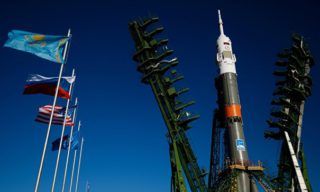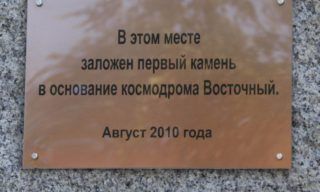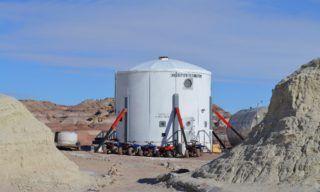
The specialists have completed all scheduled works to prepare Soyuz MS-02 spacecraft for the launch and future docking with the ISS, – Mission Control Centre…
On July 10, 2019, at 20:14 (Moscow time), from the State Test cosmodrome “Plesetsk” in the Arkhangelsk region by the crew of Russian Space Forces…
On September 6, 2020, the Vostochny Space Center (a branch of the Center for Operation of Ground-Based Space Infrastructure Facilities, part of the Roscosmos State…
Russian Spektr-R space device (“Radioastrion”) was registered in Guinness book of World records as the largest space radiotelescope, – Lebedev Physical Institute Astro Space Centre…
Aist, Obzor-R, and Kondor-FKA satellites will be launched by the end of 2024, said Mikhail Khailov, Deputy Director General of Roscosmos State Corporation for Space…
By the end of this decade Russia will be the only country able to send the crews to the ISS, Roscosmos manned space programs Head…
On April 20, 2013 the 129th crew with Nicolay Dzis-Voynarovskiy as commander started its work at Mars Desert Research Station in Utah, USA. Expedition participants…
On September 27, Baikonur hosted a ceremony of raising the flags of countries, participating in the launch of the “Soyuz MS-10” spacecraft to the International…


















